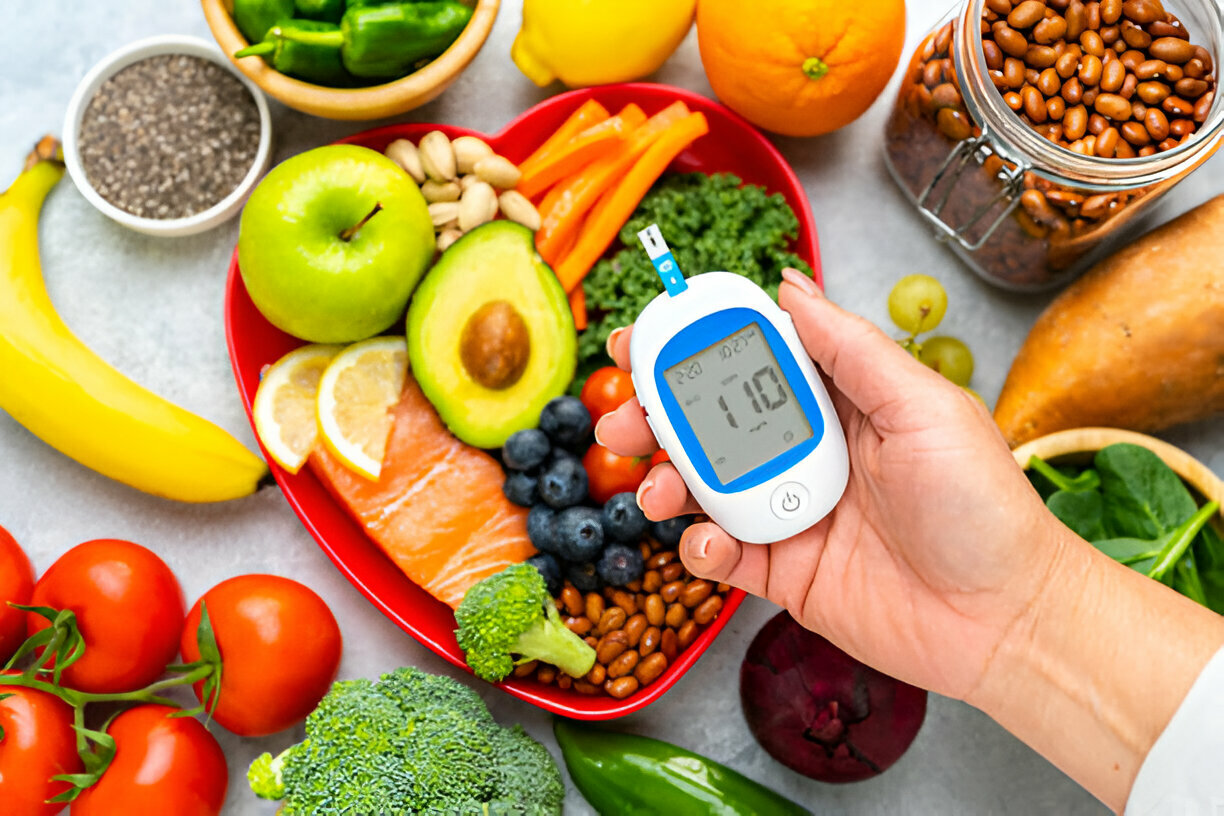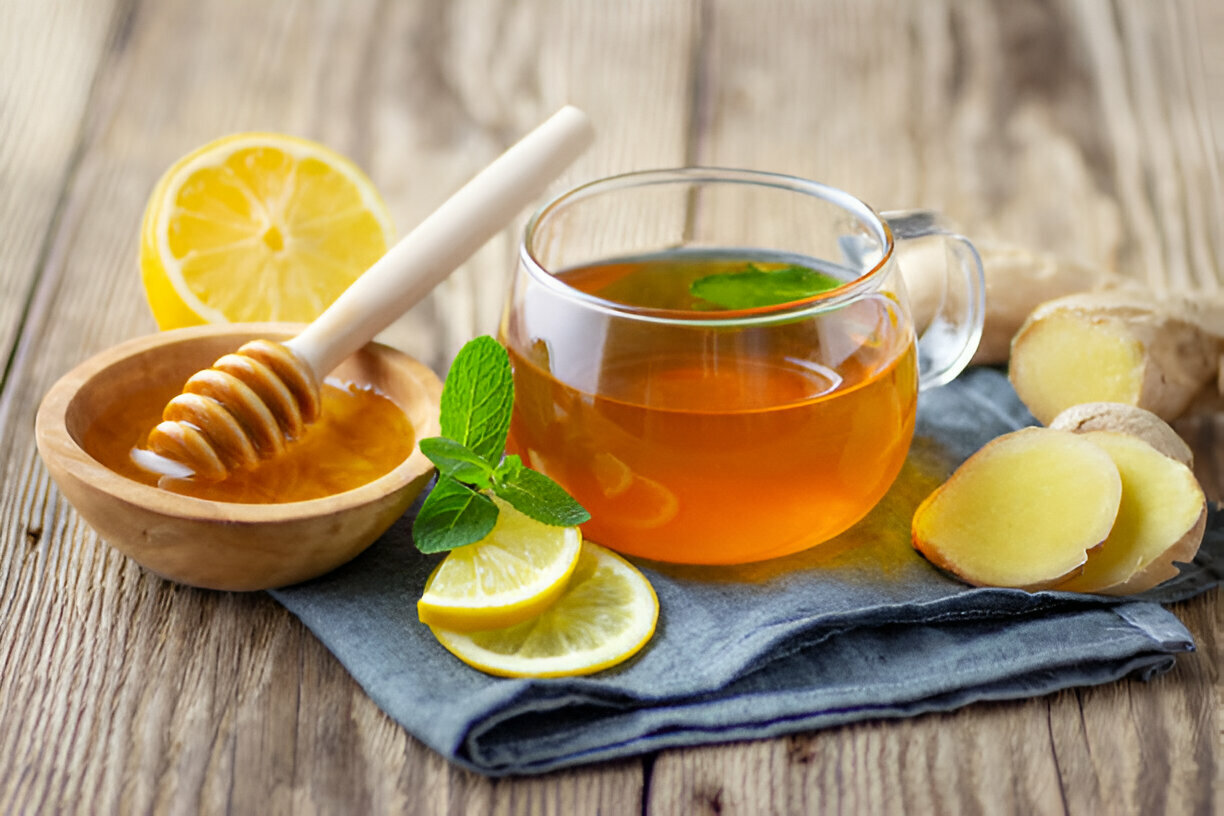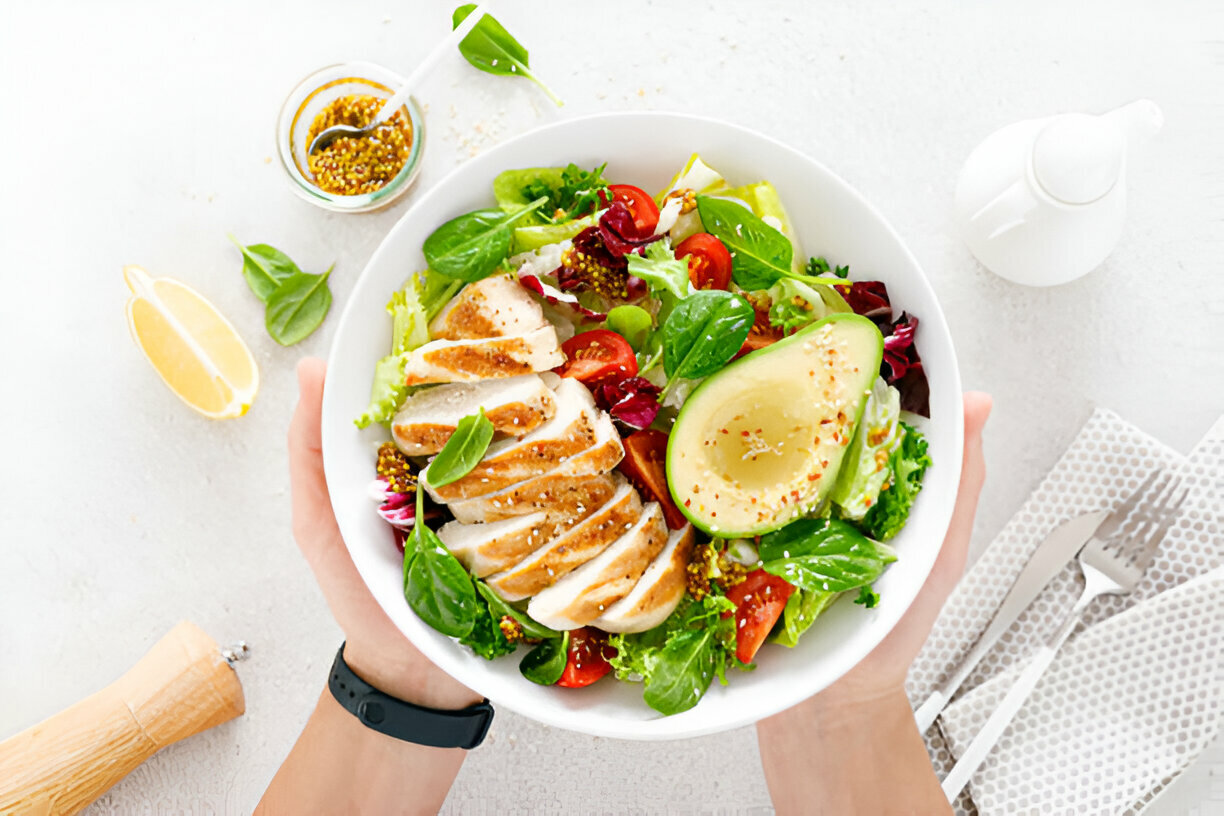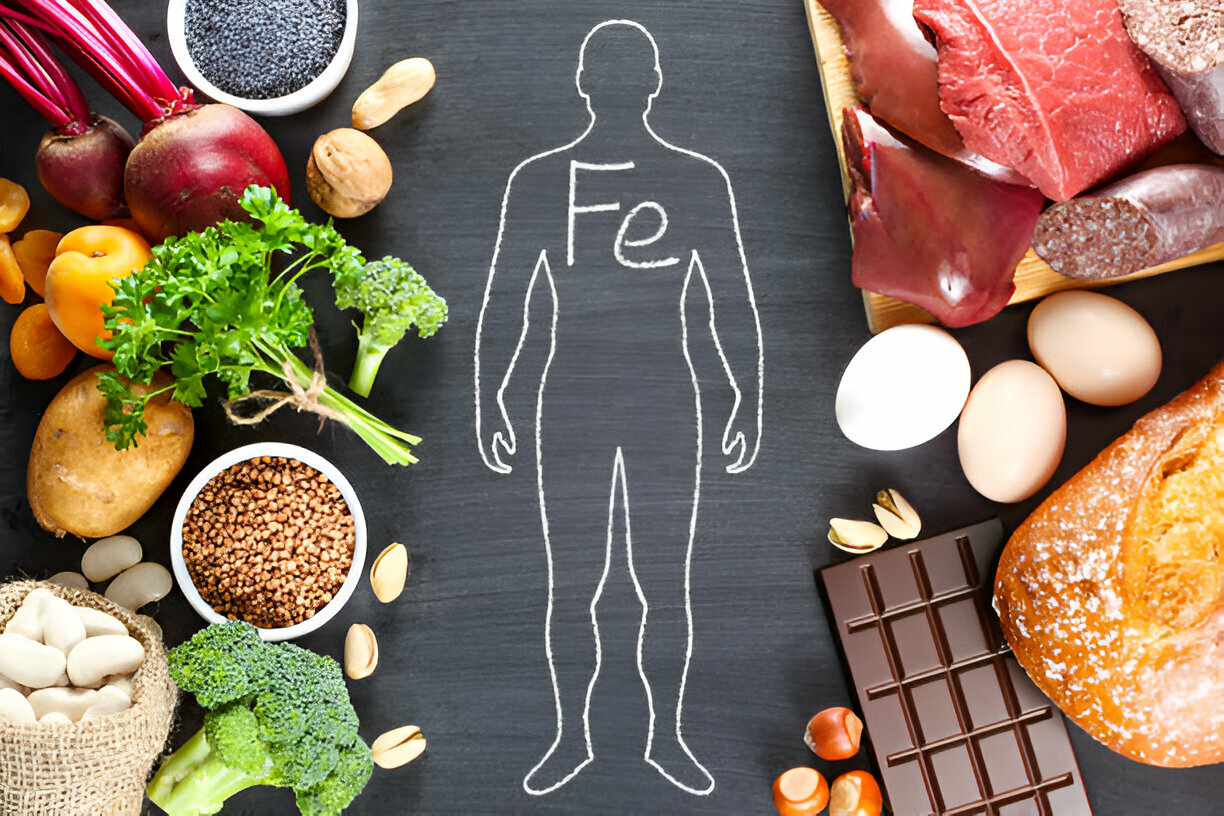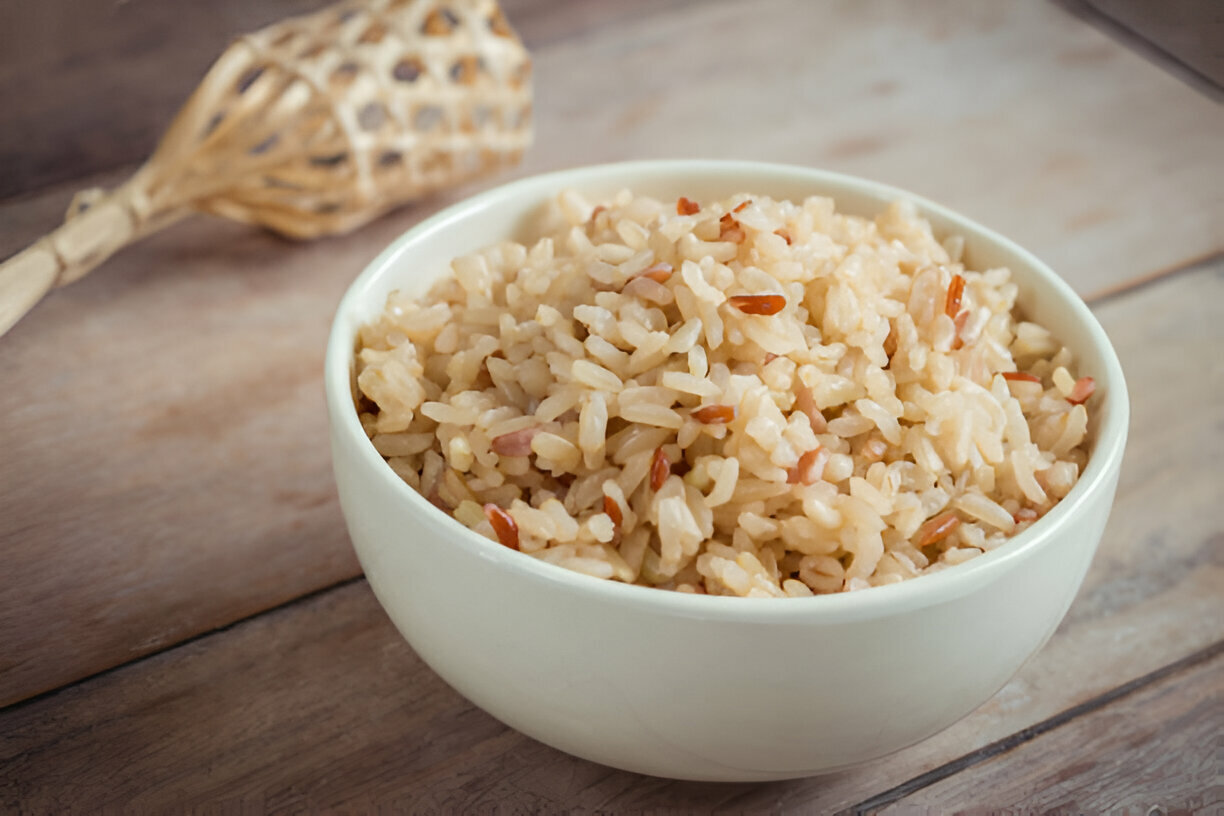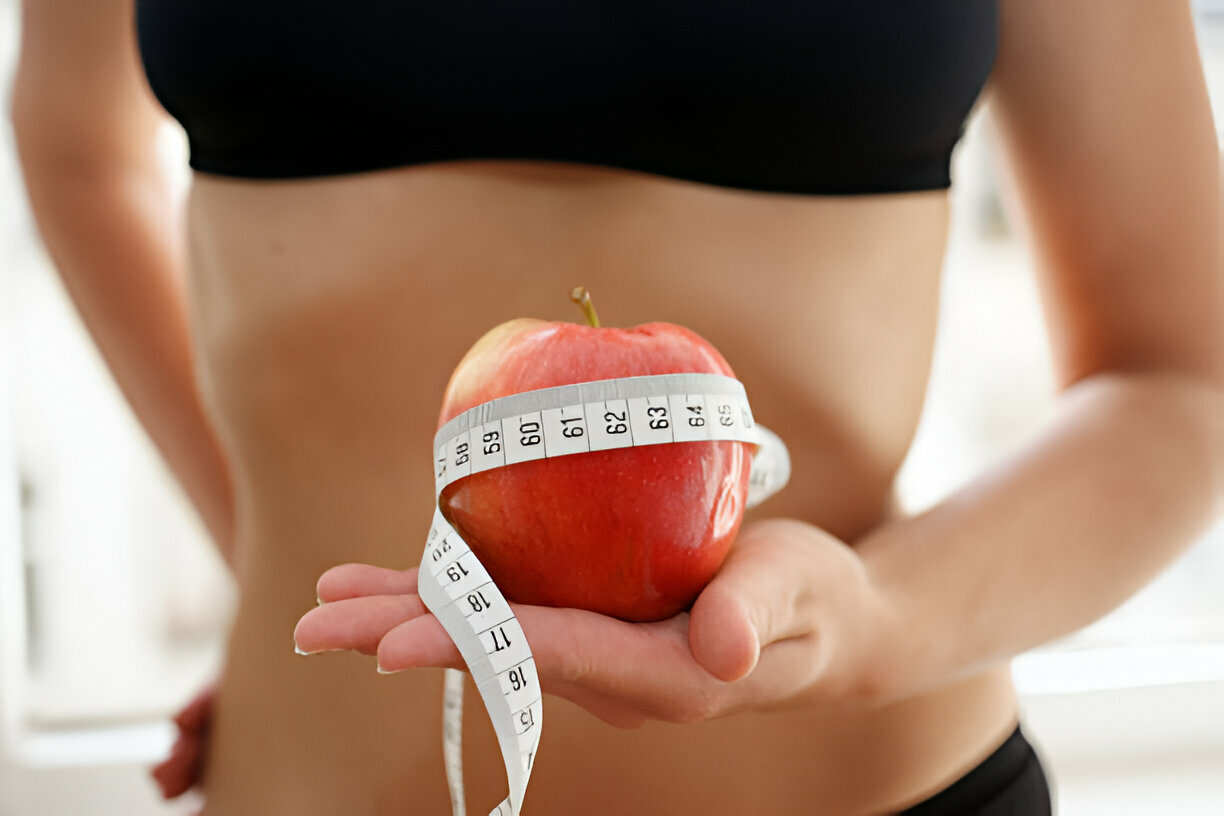Living with Type 2 diabetes can feel overwhelming at times, especially when it comes to figuring out what to eat. The foods you choose play a critical role in managing your blood sugar levels, energy, and overall health. While it’s important to focus on the foods that nourish your body, it’s equally crucial to know which foods to avoid with Type 2 diabetes. By making informed choices, you can take control of your health and feel your best every day.
In this article, we’ll explore the foods that can spike your blood sugar, harm your heart, or contribute to weight gain—common challenges for people with Type 2 diabetes. We’ll also provide practical tips and alternatives to help you enjoy your meals without compromising your health.
Why Your Food Choices Matter with Type 2 Diabetes
When you have Type 2 diabetes, your body struggles to regulate blood sugar (glucose) effectively. Insulin, the hormone responsible for moving glucose from your bloodstream into your cells, either isn’t produced in sufficient amounts or isn’t used efficiently. This can lead to high blood sugar levels, which, over time, can damage your nerves, blood vessels, and organs.
The foods you eat directly impact your blood sugar levels. Carbohydrates, in particular, are broken down into glucose, causing a rise in blood sugar. While not all carbs are bad, some can cause rapid spikes, making it harder to manage your condition. Additionally, certain foods can increase your risk of heart disease, which is already higher for people with diabetes.
By avoiding or limiting specific foods, you can stabilize your blood sugar, reduce inflammation, and protect your long-term health.
Foods to Avoid with Type 2 Diabetes

Here’s a detailed look at the foods you should steer clear of if you have Type 2 diabetes, along with healthier alternatives:
Sugary Beverages
Why Avoid Them?
Sugary drinks like soda, sweetened iced tea, energy drinks, and fruit punches are loaded with added sugars. These beverages can cause a rapid spike in blood sugar levels and provide little to no nutritional value. They’re also linked to weight gain and an increased risk of heart disease.
Healthier Alternatives:
Water infused with lemon, cucumber, or mint
Unsweetened herbal tea
Sparkling water with a splash of 100% fruit juice
Refined Carbohydrates
Why Avoid Them?
Refined carbs, such as white bread, white rice, and pastries, are stripped of fiber and nutrients during processing. This means they’re digested quickly, leading to sharp increases in blood sugar. They can also leave you feeling hungry soon after eating, which may lead to overeating.
Healthier Alternatives:
Whole-grain bread, brown rice, and quinoa
Oats or barley
Sweet potatoes (in moderation)
Fried Foods
Why Avoid Them?
Fried foods like French fries, fried chicken, and doughnuts are high in unhealthy fats and calories. They can contribute to weight gain, increase insulin resistance, and raise your risk of heart disease. The breading and frying process also adds extra carbs and unhealthy oils.
Healthier Alternatives:
Baked or grilled versions of your favorite foods
Air-fried vegetables or chicken
Roasted sweet potato fries
Processed Meats
Why Avoid Them?
Processed meats like bacon, sausage, and deli meats are high in sodium and saturated fats. These can increase your risk of high blood pressure and heart disease, which are already concerns for people with diabetes. Additionally, some studies suggest a link between processed meats and insulin resistance.
Healthier Alternatives:
Lean cuts of poultry or turkey
Fresh fish like salmon or tuna
Plant-based proteins like tofu or legumes
Full-Fat Dairy Products
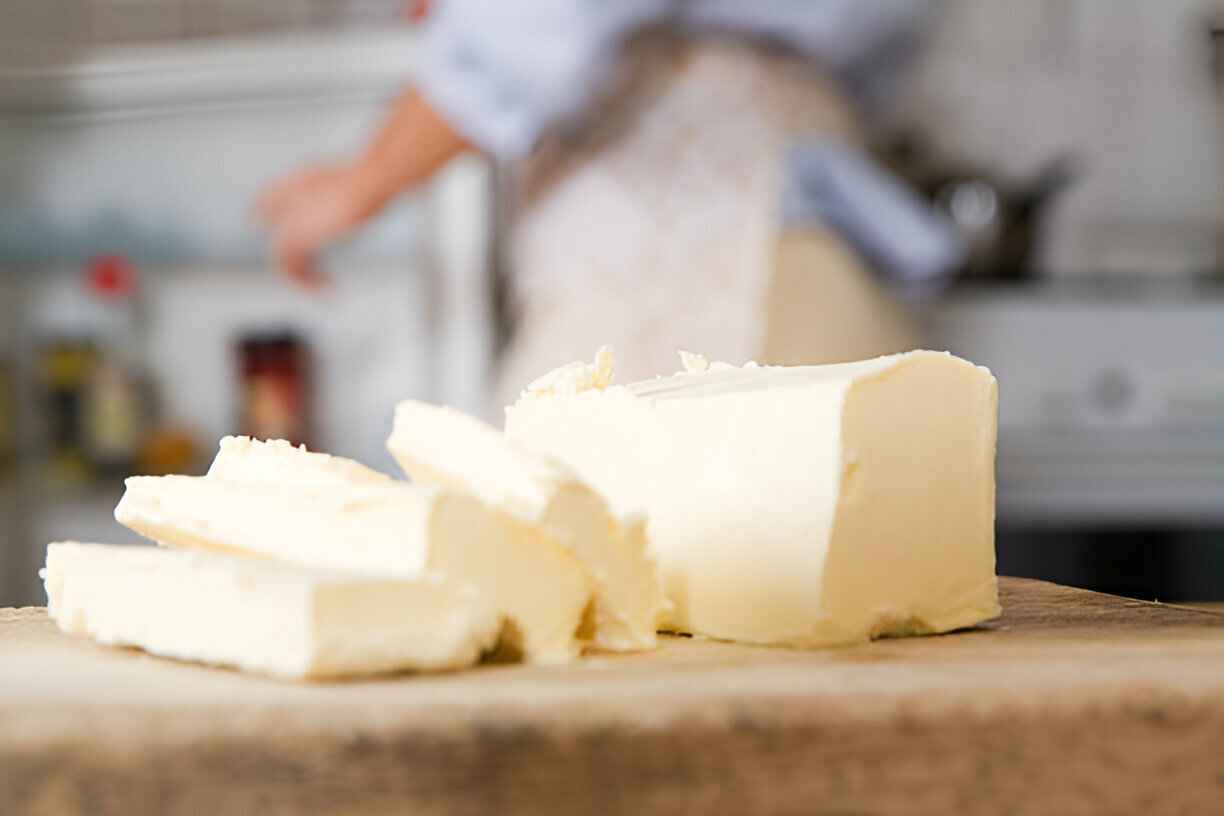
Why Avoid Them?
Full-fat dairy products like whole milk, cream, and cheese are high in saturated fats, which can raise cholesterol levels and increase the risk of heart disease. While dairy can be part of a healthy diet, it’s important to choose low-fat or fat-free options.
Healthier Alternatives:
Skim or low-fat milk
Unsweetened almond or oat milk
Low-fat Greek yogurt
Sweets and Desserts
Why Avoid Them?
Cakes, cookies, candies, and ice cream are packed with sugar and refined carbs. These treats can cause blood sugar levels to skyrocket and provide little nutritional value. Even small portions can be problematic if not carefully managed.
Healthier Alternatives:
Fresh fruit like berries or apples
Dark chocolate (70% cocoa or higher) in moderation
Homemade desserts using sugar substitutes like stevia or monk fruit
High-Sugar Breakfast Cereals
Why Avoid Them?
Many breakfast cereals are loaded with added sugars and refined grains. Starting your day with a high-sugar cereal can lead to a blood sugar spike and leave you feeling sluggish later.
Healthier Alternatives:
Oatmeal topped with nuts and berries
Whole-grain cereals with no added sugar
Eggs or avocado toast for a protein-rich breakfast
Alcohol
Why Avoid It?
Alcohol can interfere with blood sugar control, especially if consumed on an empty stomach. It can cause either high or low blood sugar levels, depending on the amount and type of alcohol. Additionally, many alcoholic beverages are high in calories and carbs.
Healthier Alternatives:
If you choose to drink, opt for dry wine or light beer in moderation
Always pair alcohol with food to minimize blood sugar fluctuations
Consider non-alcoholic options like sparkling water with lime
Facts About Type 2 Diabetes and Diet
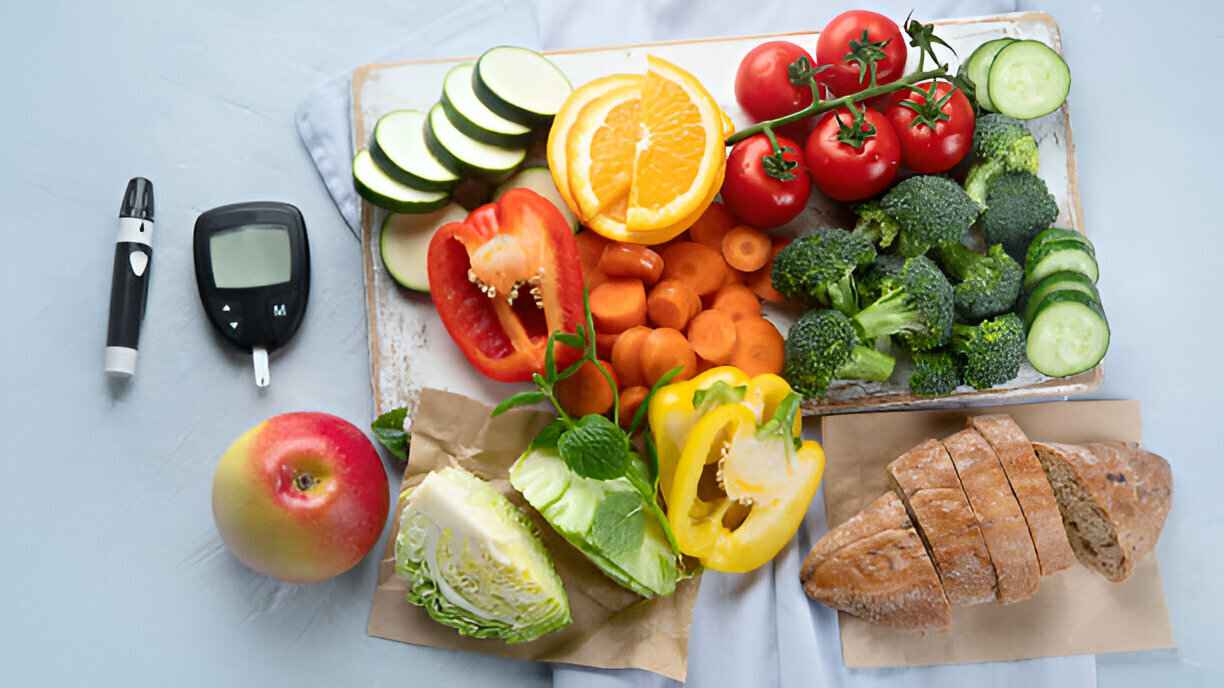
Fact 1: According to the American Diabetes Association, people with diabetes are two to four times more likely to develop heart disease than those without diabetes. Avoiding saturated and trans fats can help reduce this risk.
Fact 2: Fiber-rich foods like vegetables, whole grains, and legumes can slow the absorption of sugar and improve blood sugar control.
Fact 3: The glycemic index (GI) measures how quickly a food raises blood sugar. Choosing low-GI foods can help manage diabetes more effectively.
Fact 4: Regular physical activity, combined with a healthy diet, can improve insulin sensitivity and lower blood sugar levels.
Tips for Making Healthier Choices
Read Food Labels: Look for hidden sugars, unhealthy fats, and high sodium levels in packaged foods.
Plan Your Meals: Preparing meals at home allows you to control ingredients and portion sizes.
Focus on Whole Foods: Choose minimally processed foods like vegetables, fruits, lean proteins, and whole grains.
Stay Hydrated: Drinking enough water can help regulate blood sugar levels and reduce cravings.
Consult a Dietitian: A registered dietitian can help you create a personalized meal plan that fits your lifestyle and preferences.
Final Thought
Managing Type 2 diabetes doesn’t mean giving up all the foods you love—it’s about making smarter choices. By avoiding or limiting the foods listed above, you can take control of your blood sugar levels, protect your heart, and improve your overall well-being. Remember, small changes can lead to big results over time. Focus on progress, not perfection, and celebrate every step you take toward a healthier you.
With the right knowledge and support, you can enjoy a balanced, satisfying diet while keeping your diabetes in check. Here’s to your health and happiness!
Latest Blog
Best Keto Recipes, Easy Low-Carb Meals, Snacks & Desserts
Welcome to Your Ketosis Trip!Beginning the ketogenic diet might first seem too much. You might be wondering, "what can i really eat?" or "will I be stuck eating salads daily?" Relax : the keto diet need not to be tedious or difficult. Actually, with a few basics and some innovative recipes, you can have delectable, filling meals that help you stay on track. From comforting breakfasts to delicious dinners, quick snacks and gu...
Amino Acids Benefits in Skincare, Haircare and Muscle Growth
Amino Acids play important roles in promoting the health of skincare, haircare and muscle buildup by aiding in repair, growth, hydration and many more factors to your overall health. They often touted for everything, from boosting metabolism and supporting mood to improve skin collagen and muscle growth. But what amino acids really are, and do we get enough of them from food alo...
Can High Carb Vegetables Fit into a Healthy Diet for Women?
When you think about healthy eating, the term "high carb" might not be the first thing that comes to mind. In fact, you might associate high-carb foods with weight gain or unhealthy eating habits. But what if we told you that high-carb vegetables can actually be a valuable part of a balanced diet, especially for women? Yes, you read that right! High-carb vegetables like sweet potatoes, corn, and peas can offer a wealth of nutrients that suppor...

